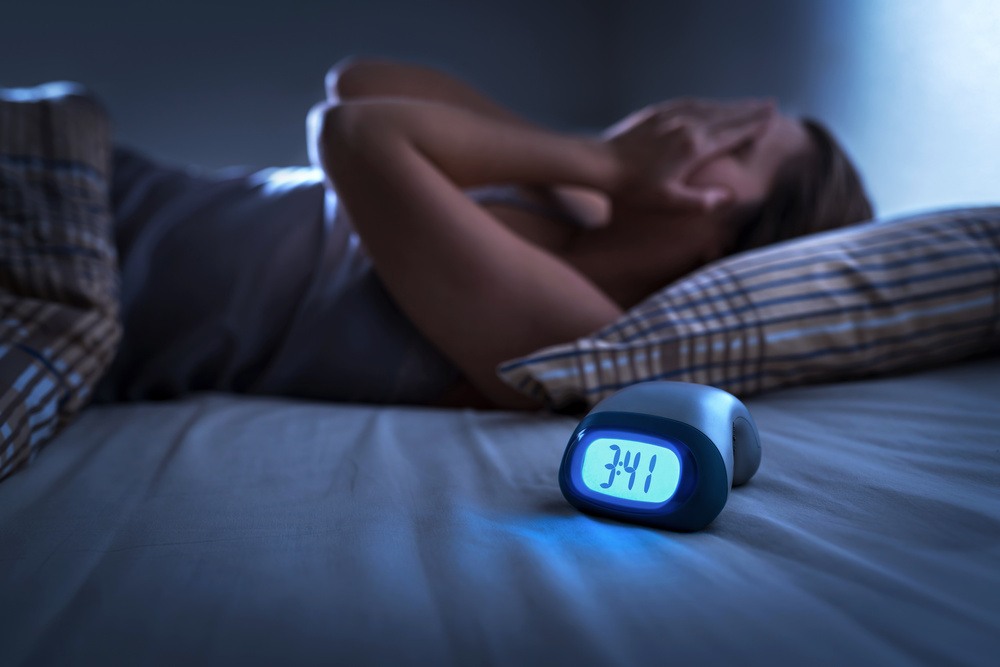
Sleep support is one of the services we offer at KindlyMD. We routinely work with patients struggling with persistent insomnia, many of whom are uncomfortable about reaching for a sleeping pill every night. That being the case, more than one patient has asked us if the Utah Medical Card is right for someone who persistently cannot sleep.
There is no blanket answer we could provide to that question. People are different. Not only that, but the root causes of persistent insomnia are also pretty extensive. Some people cannot sleep because of certain lifestyle choices that are getting in the way. Others struggle with sleep due to stress. Still others might be dealing with an underlying condition like PTSD.
Medical Cards in Utah are limited to certain qualifying conditions. Our responsibility is to evaluate each patient on an individual basis, then recommend a Medical Card when it is appropriate for a condition on the state list.
KindlyMD clinicians truly do understand how stressful it is to deal with persistent insomnia. When you cannot sleep, it is just annoying. And when sleeplessness follows night after night, the lack of rest can be overwhelming. Unfortunately, regular insomnia can have a negative impact on a person's overall health. We offer sleep support services for that reason.
A good night's sleep is important. Why? Because sleep allows the body ample opportunity to repair itself. All the wear and tear our bodies experience throughout the day needs to be addressed in order for us to maintain good health. Wear and tear are addressed mostly while we sleep. If we don't get enough restful sleep on a consistent basis, our bodies cannot repair themselves. Then breakdowns are inevitable.
Quality sleep on a regular basis is necessary in order to maintain:
A lack of sleep has been linked to all sorts of chronic health conditions ranging from diabetes to heart disease. The truth is that restful sleep is critical. That means persistent insomnia is more than just a hassle; it is bad for a person's physical and mental health.
Persistent insomnia can be treated in a number of different ways. When a Med Card is appropriate, a combination of plant-based medicines and behavioral changes are often enough to do the trick. As for when a Med Card might be appropriate, that is up to the patient and her healthcare provider to determine.
When a Med Card isn't the right way to go, that doesn't mean a person is doomed to live with insomnia for the rest of her life. Once again, there are other ways to get a handle on insomnia. Here are just a few examples:
There are times when recommending a Utah Medical Card is the right approach to addressing persistent insomnia caused by an underlying condition. There are other times when a Med Card is not the best option. If you are struggling with persistent insomnia, come visit us at KindlyMD. We can help you figure it out so you can get back to sleep.
